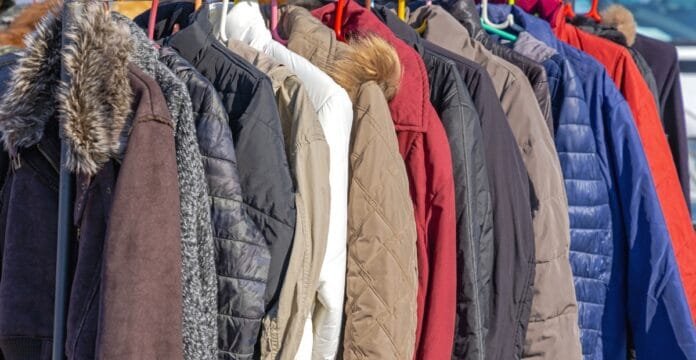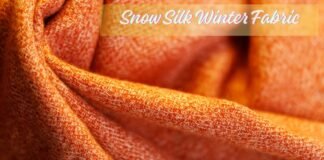Dirty wind, thick layers of snow, and the sharp winter wind all fall together during an Alaska winter. In such harsh, freezing climates, frostbite or illness is always watch, lurking at any moment. An Alaska winter coat is one of the first measures individuals can take to gain some protection from such conditions.
Temperature control with body heat management becomes very important when stepping outside for everyday chores. An Alaska winter coat balances the cold with the necessary warmth if chosen properly. Your Alaska Winter coat must be able to shield off snow, piercing wind, and ice. It has to be capable of keeping body heat inside and retaining warmth.
When choosing such an Alaska coat, looks can take a hit as practicality grips the wilderness of outdoors. Gaining the freedom to explore modern wild can become fulfilling with the right winter coat.
Key Features to Look for in an Alaska Winter Coat
Shopping for Alaska winter coats can become an adventure. It is great to always start with the energy focus part of the coat. First, check if the coat has a lining since mammoth fleece is both warm and light. Wearing coats that are insulated using down is always enchanting but that is not the case for synthetic material. Synthetic works better when wet.
Look for breathable material in the middle layer snow jacket with snow and wind/water resistant leather shell. Breathability matters as your sweat has to be able to escape.
Alaska coat are notorious for wind chills too! Gathering excess snow onto your coat with each chilly breeze means warmth to you, but to your coat, no! One of the worst part are the windproof layers that prevent cold air from wrecking your skin.
Your ideal coat must also be flexible and shape to your figure. Coats and jackets with adjustable cuffs, hoods or pockets are great at maintaining body warmth. Choose longer coats to avoid losing warmth entirely.
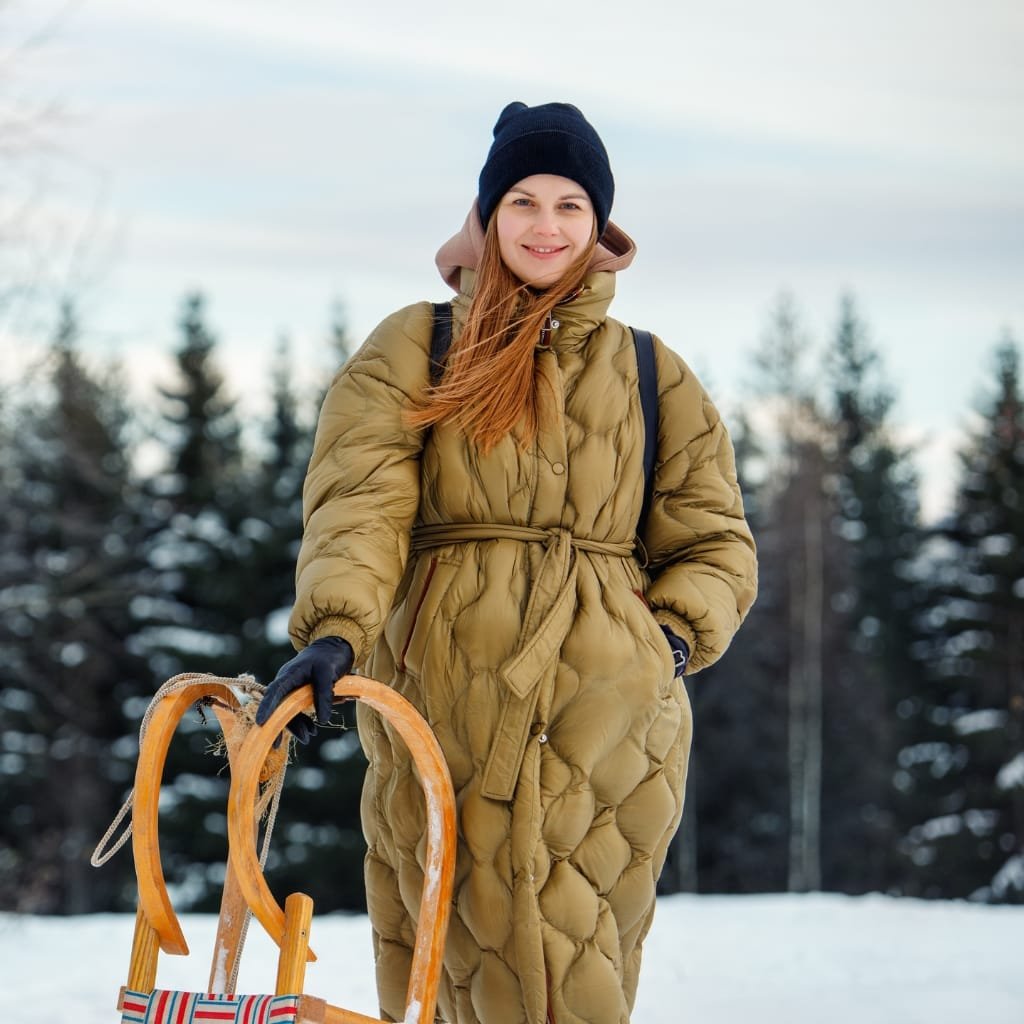
Insulation Varieties for Alaska Winter Coats
Two primary varieties of insulation are down and synthetic.
Down uses feathers from ducks and geese. This insulation is warm and very light. Its downside, unfortunately, is that it does not perform well when wet. You’ll still need a waterproof jacket.
Man-made materials are used in synthetic insulation. While heavier in weight, it doesn’t lose insulating capability if damp. It is also cheaper and absorbs less moisture than down.
For the extreme cold in Alaska, down with a waterproof outer layer is a solid option. For wetter, active environments, synthetic insulation is preferable. Each insulation has use specific advantages. Select based on your priorities.
Best Shell Fabrics For Extreme Alaska Winter Use
Shell fabric is the outer covering of Alaska winter coats providing protection from snow, wind, and rain. Waterproof fabrics like Gore-Tex are great examples.
Find shells made by top brands as many use windproof and waterproof layered fabrics. These layers protect from moisture while retaining heat.
Consider also wear resistance. Skiing and snowmobiling, as well as equipment with straps, can cause wear on fabric. A coat made out of ripstop nylon or polyester is ideal as these materials have high durability and resist tearing.
In succinct terms, the shell protects from the cold. Pay attention to it when choosing your Alaska winter coat.
Choosing the Right Fit for Maximum Warmth
Keeps you warmer. Having the fit that is too tight preventste from putting on layers, and too loose of a fit allows cold air to sneak in.
Your Alaska winter coat should feel close to your body but not tight. You should still have room for your base layers. When trying on the coat, lift your arms and bend your knees. You should not feel it riding up.
Longer coats are better for protection. Select one that falls at your hips or thighs. A coat with cuffs that close and drawcords will keep out the cold.
Don’t forget the hood. It should go on over a hat or a helmet. Look for those hoods with faux fur trims so they are warmer.
Layering with Your Alaska Winter Coat
You Alaska winter coat forms part of a layering system. At the bottom, wear a moisture-wicking base layer. This ensures sweat does not touch the skin.
Add next a warm layer, such as fleece or wool which goes in the middle. Finally, put on your winter coat. This one traps the heat and prevents cold air from getting in.
With layers, you have more options. You can take one off if you are too warm. Put one on if you feel cold. Always have them on when the temperature suddenly drops.
This technique also minimizes the amount of sweat on your coat. Because of this, the coat will age slower in terms of effectiveness.
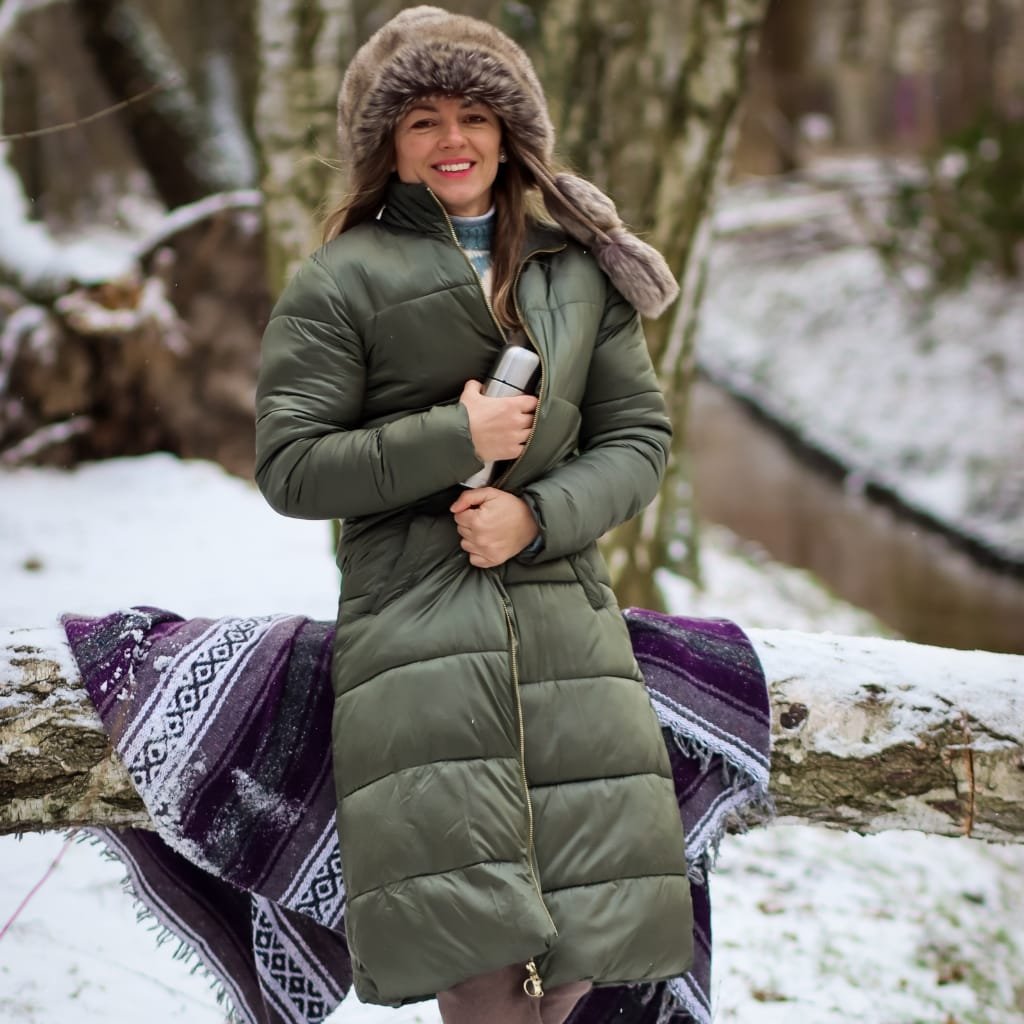
Recommended Brands for Alaska Winter Coats
No brand does not withstand Alaska’s winters. The top winter coat brands are designed for frigid temperatures. Here are some of my favorites:
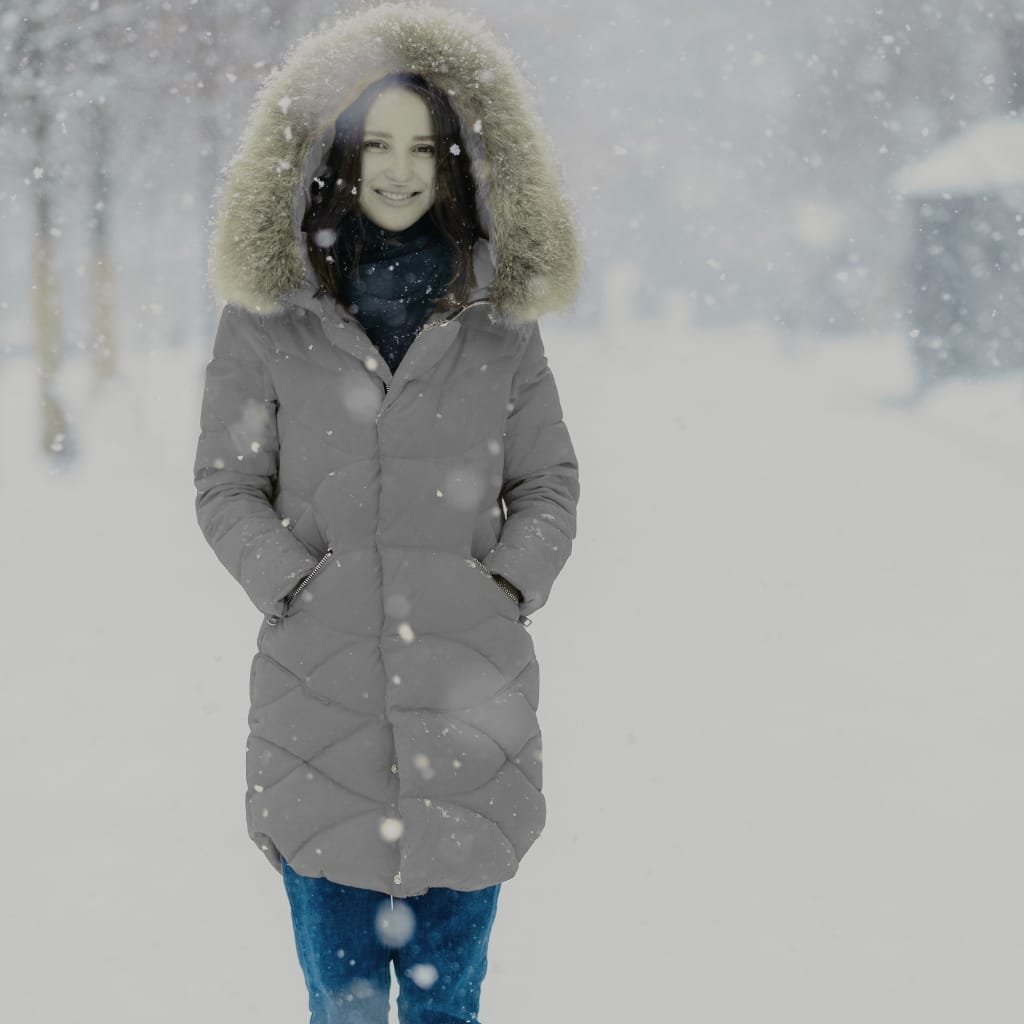
1. Canada Goose – Known for extreme warmth and luxury.
2. The North Face – Great for active wear and reliable quality.
3. Patagonia – Eco-friendly and weather-tested.
4. Columbia – Affordable and dependable.
5. Arc’teryx – Premium performance and high-tech materials.
6. Carhartt – Rugged and built for work in tough conditions.
There are various styles in every brand. Choose according to your personal lifestyle, how much you are willing to spend, and the weather conditions. But all offer durable Alaska winter coat options.
Alaska Winter Coat for Specific Outdoor Activities
Various activities will require tailored coats. If snowmobiling, insulated options are preferred as well as water proofing. Longer coats are ideal, as they provide leg coverage.
While hiking or snowshoeing, look for breathable options as to not retain the amount of body heat that is generated. These coats should have vented armpits and light insulation.
Hunters require quiet fabrics and camouflage designs. Photographers require numerous pockets and unrestricted movement.
Every outdoor activity in Alaska has unique requirements. Regardless, all of them necessitate a sturdy Alaska winter coat.
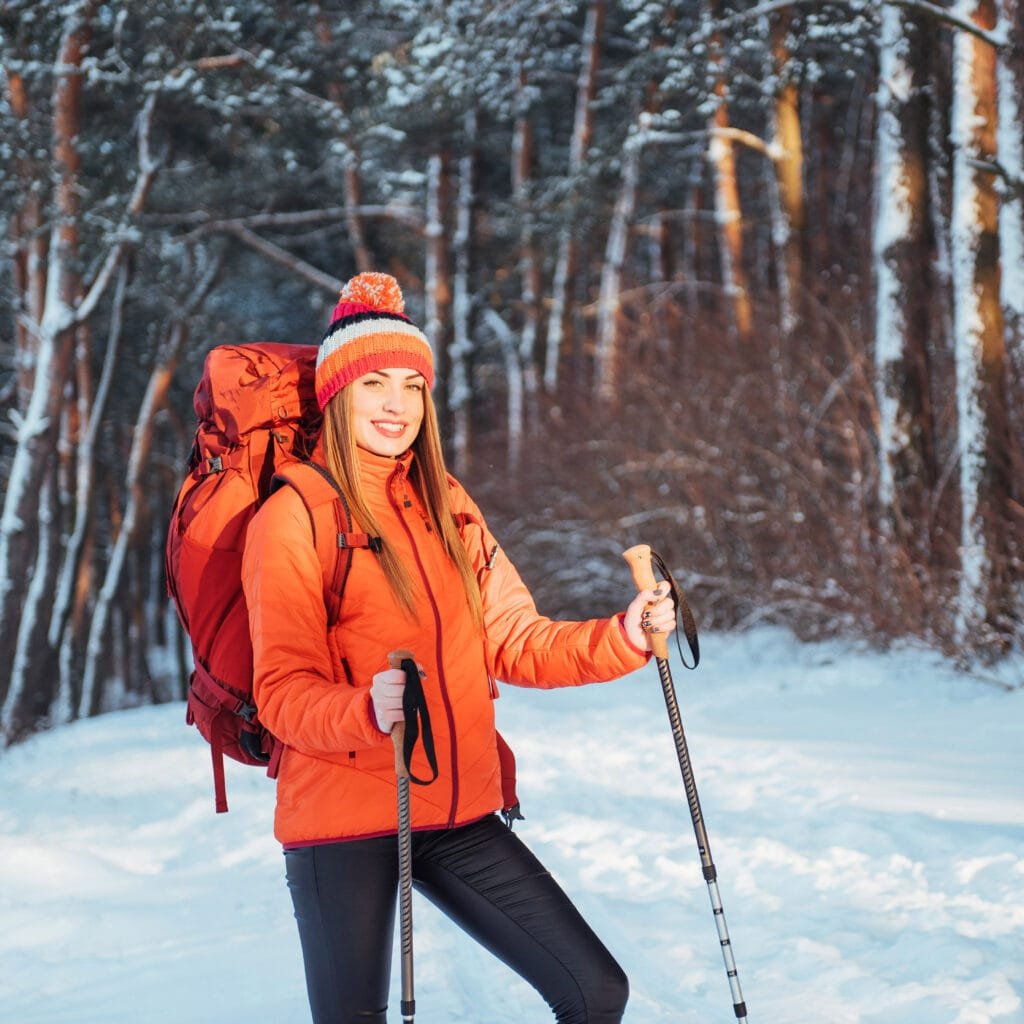
Alaska Winter Coats for City Living
A good coat is a reliable companion for everyday use, and one does not need to be in the wild to enjoy its benefits. Alaska’s cities experience subzero temperatures and heavy snowfall.
For city living, a combination of both fashion and warmth is crucial. Select a coat that balances a flattering shape with sufficient insulation. Down parkas with fur-trimmed hoods are popular.
Handwarmer pockets with zipper closures provide warmth, while zippers and double closures keep snow out. These features add comfort for daily commutes. Waterproof zippers and double closures help keep snow out.
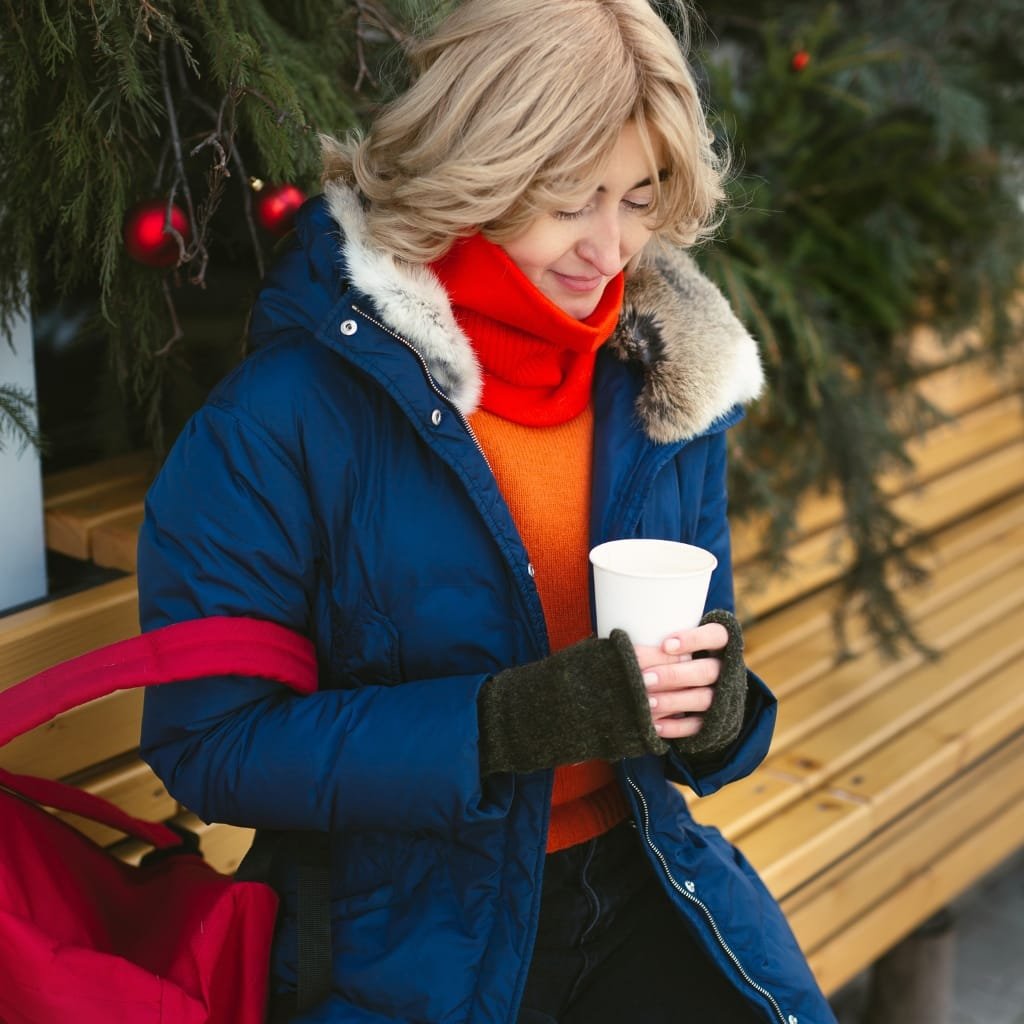
A stylish yet warm Alaska winter coat enhances comfort.
Caring for Your Alaska Winter Coat
Any coat, regardless of brand or model, needs care. To maximize its lifespan follow these suggestions.
Washing instructions vary, so always check the label. Most down coats require gentle washing and low heat drying. Use special detergent for down or waterproof materials.
Whenever possible, hang your synthetic coats to dry. Do not wring out the coat. Store your coat in a dry place during summer. Avoid excess compression.
To maintain preservation, ensure to clean your coat at least once per winter. Oily residue will inevitably diminish the insulation properties. If properly maintained, your Alaska winter coat can last a very long time.
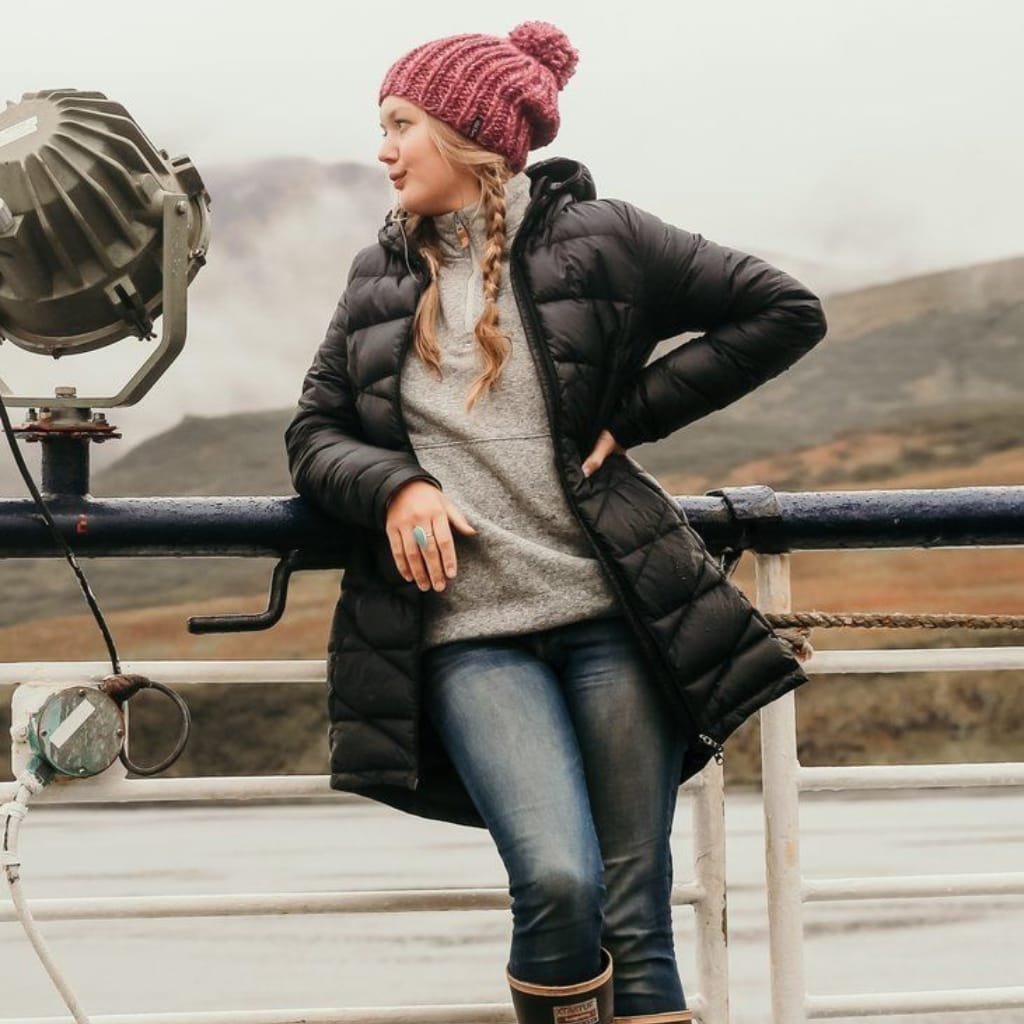
Alaska Winter Coats for Children and the Family
Just like adults require protection, so do children. Make sure to purchase water resistant and insulated coats for children that have adjustable features. Hoods need proper snug fitting while sleeves need to keep tight grip.
Bright colors greatly assist children for visibility in winter. Coats need to have name tags and zippers. Sturdiness is essential for all growing children.
Coats need to be dependable for families while participating in outdoor activities. Having matching high quality coats improves safety while increasing fun during family excursions.
Never skimp on the Alaska winter coat for kids. Everyone will stay warm and care-free if well protected.
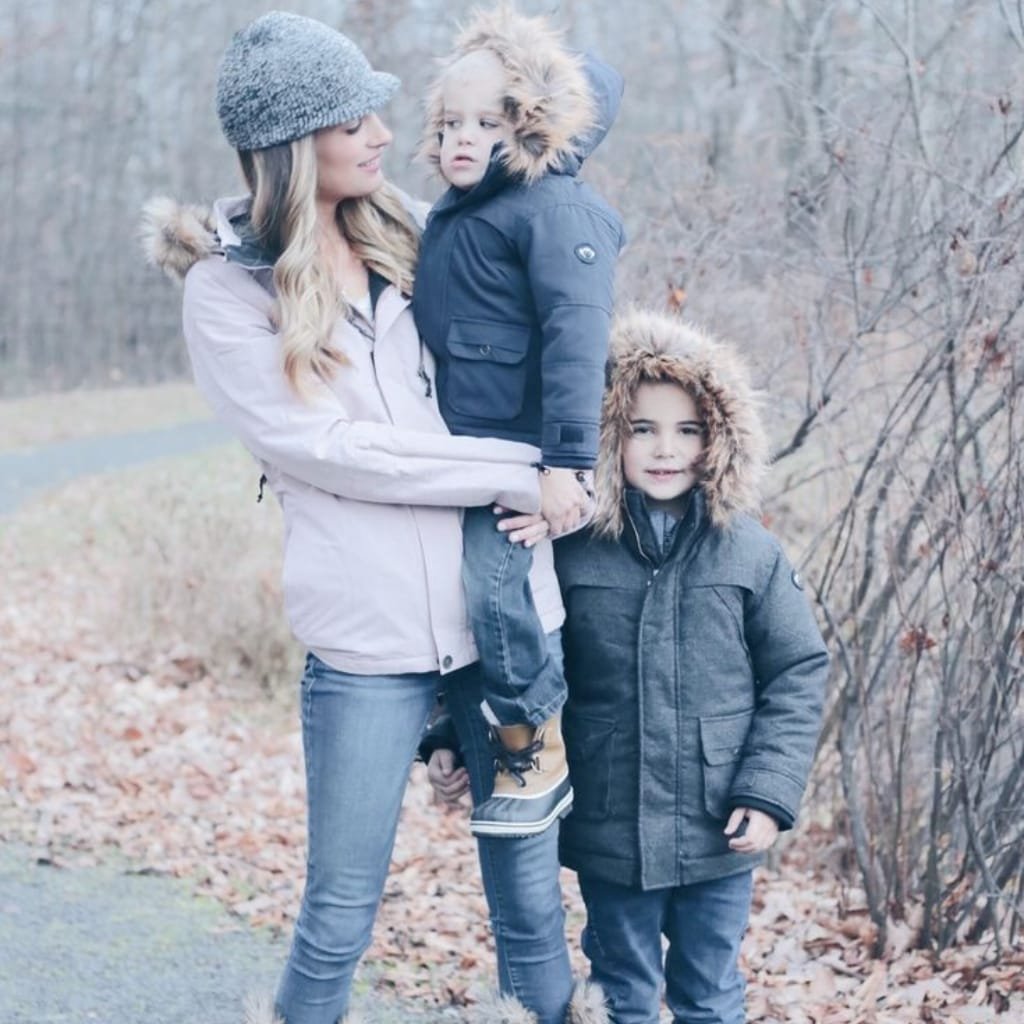
Affordable Options For An Alaska Winter Coat
Affordable does not equate to being expensive. There is a wealth of options available that are less expensive yet provide warmth and durability.
Check brands like Columbia, REI Co-op, and Eddie Bauer. They often run sales before winter. Military surplus stores also carry heavy-duty parkas.
Used gear stores can offer coats that are like new at reasonable prices. Just ensure zippers, seams, and insulation aren’t worn, torn, or flattened.
Don’t pay attention only to prices. Balance warmth, comfort, and longevity with cost. A suitable Alaska winter coat makes an investment worthwhile.
Conclusion
An Alaska winter coat is not only an item of clothing. It serves as protective gear against harsh cold, wind, and snow. The right coat delivers warmth, comfort, and superior durability.
Understand your needs and compare features. A coat that matches your lifestyle is ideal. You can be hiking in the mountains or walking to work; it’s time you owned a coat that fully protects you.
So bundle up and explore Alaska with confidence.
FAQs
What makes a coat suitable for Alaska winter?
A coat for Alaska winter must have excellent insulation, waterproof outer material, wind resistance, and a proper fit to retain body heat.
Is down or synthetic insulation better for an Alaska winter coat?
Both work well. Down offers more warmth but fails when wet. Synthetic insulation stays warm even in damp conditions and dries faster.
Do I need a waterproof coat for Alaska winters?
Yes. Alaska experiences snow, sleet, and rain. A waterproof coat keeps moisture out and helps maintain warmth in extreme cold.

